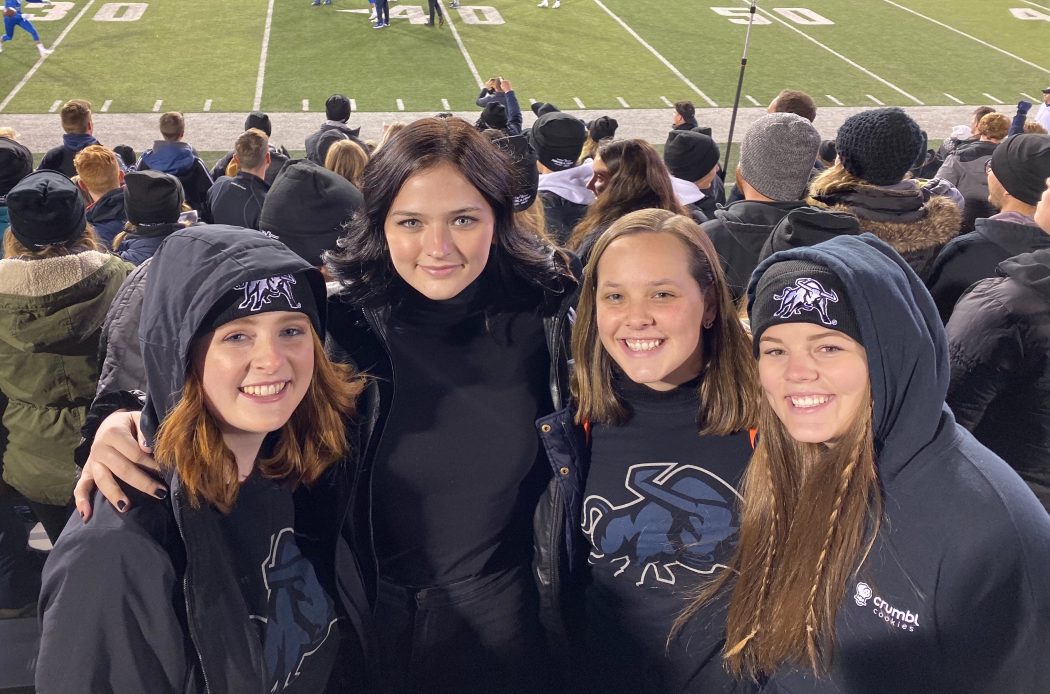What COVID-19 means for immunocompromised students
Julia Chilvers is a student at Utah State University receiving chemotherapy treatment for juvenile rheumatoid arthritis. The coronavirus poses a much more serious threat for Chilvers compared to other students.
“[Juvenile rheumatoid arthritis] is an autoimmune disease, and the chemotherapy lowers my immune system, so I have a harder time fighting disease,” Chilvers said. “I can’t fight off even just a common cold.”
As someone especially at risk during this pandemic, Chilvers has been closely controlling who she comes into contact with. Her health relies on the preventative actions of other students.
“Always wash your hands. Use hand sanitizer. Make sure if you are sick to just stay home,” Chilvers advised. “It just puts others at risk.”
Chilvers wishes students would take the risk of the virus more seriously.
“Don’t take it as a joke anymore. It’s really important for others to be as safe and healthy because I’m doing all I can do,” Chilvers said. “I’m really relying on others to also do that.”
Brynn Griffiths is another immunocompromised student at USU. Griffiths has Hashimoto’s thyroiditis, an autoimmune disease that causes her immune system to attack her thyroid gland.
“My immune system is already in panic mode at all times,” Griffiths said. “That’s why it’s harder when I get sick.”
Griffiths stated that students tend to dismiss the severity of the virus due to its high recovery rate for young people, which can be dangerous for those who are immunocompromised.
“The virus may not seem like a big deal to you personally. However, I guarantee that every person has somebody in their life who is immunocompromised or elderly,” Griffiths said. “It’s important to take precautions to protect yourself, but also to protect the people that you come in contact with.”
USU has canceled all university events and travel until April 8 and moved classes online to support the efforts of public health officials in slowing the spread of COVID-19.
In a press conference Thursday, March 12, university president Noelle E. Cockett addressed USU’s decision to take these preemptive measures to slow the spread of disease.
“We are working toward implementing actions rather than wishing we had been implementing more precautions,” Cockett said.
Griffiths has mixed feelings about the university’s course of action, but she recognized the benefit for immunocompromised students like herself.
“I think it’s very inconvenient in some ways, and makes the semester feel kind of empty. However, I feel safer knowing that I can complete my classes from home and ensure that I can control the environment and protect myself,” Griffiths said. “I think it sucks, but I am glad that the university was willing to make that decision to protect the students.”
—darcy.ritchie@aggiemail.usu.edu
@darcyrrose

